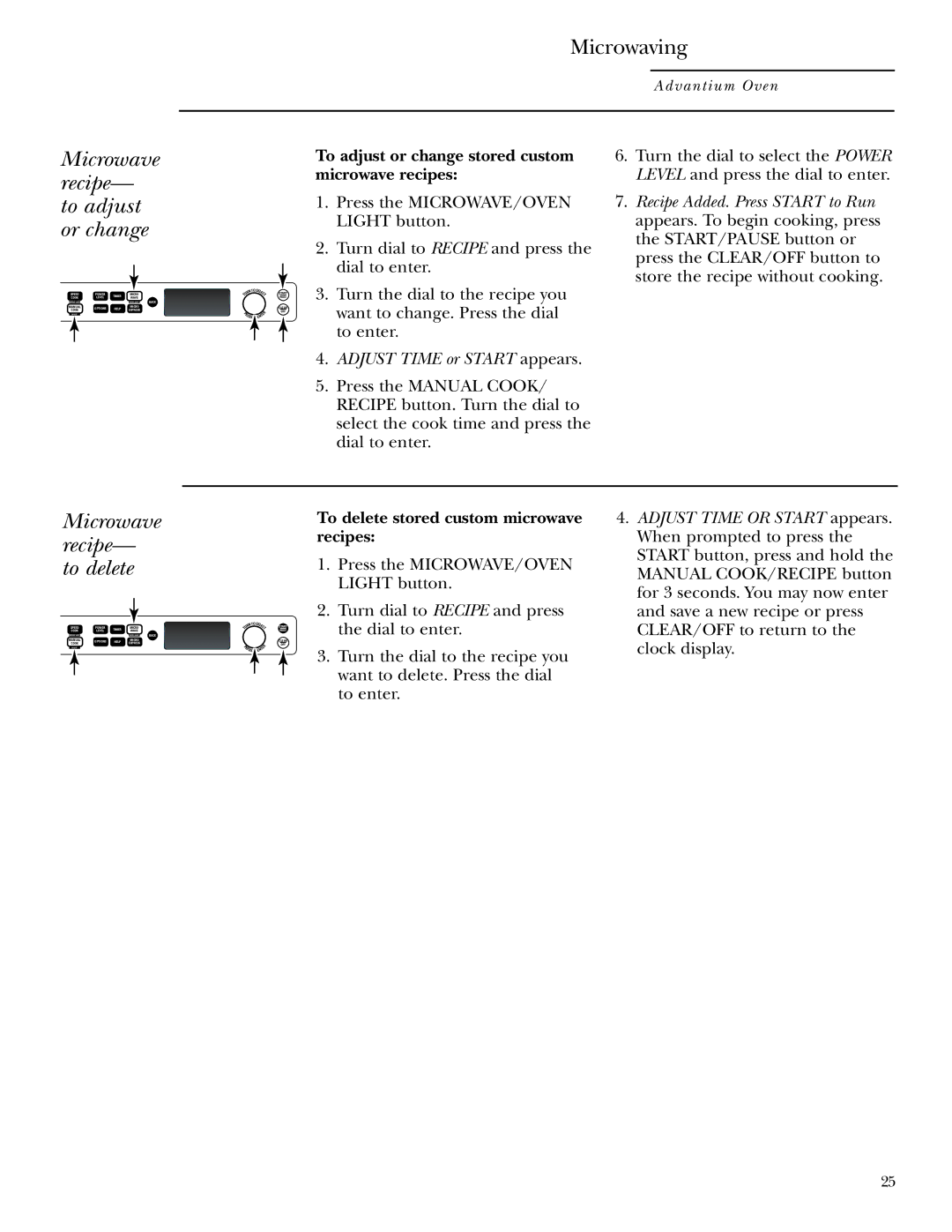SCB2000, SCB2001 specifications
The GE SCB2000 and SCB2001 are advanced digital protective relay systems designed for a variety of applications in the electrical power industry. These devices are recognized for their robust capabilities in protection, control, and monitoring of electrical distribution systems.One of the primary features of the SCB2000 and SCB2001 is their comprehensive protection functionality. They are equipped to handle overload, short circuit, and earth fault protection for transformers, motors, and feeders. The advanced algorithms incorporated in these relays allow for precise detection and isolation of faults, minimizing downtime and enhancing system reliability.
These devices leverage state-of-the-art technology, including microprocessor-based controls, which ensure high performance and flexibility. The GE SCB relays are designed for easy integration into existing systems owing to their modular architecture. This functionality supports various communication protocols, including DNP3, IEC 61850, and Modbus, enabling seamless interaction with SCADA systems and other automation frameworks.
In terms of characteristics, the SCB2000 and SCB2001 provide extensive event and fault recording capabilities. They can capture a wealth of data before, during, and after events, offering valuable insights into system performance and facilitating effective troubleshooting. The user-friendly interface, typically featuring a color LCD display, allows operators to easily access critical information and configure settings.
Safety is paramount in the design of these devices. GE has implemented comprehensive self-diagnostic features that continuously monitor the relay’s health and operational status. This ensures that any potential issues are identified and addressed proactively, further reducing the risk of system failure.
Energy efficiency is another hallmark of the SCB2000 and SCB2001 series. With their intelligent design, these relays help optimize load management and energy distribution, contributing to lower operational costs for utility providers and industrial plants alike.
In conclusion, the GE SCB2000 and SCB2001 protective relay systems stand out for their versatility, advanced protective features, and seamless integration capabilities. With a focus on reliability, safety, and efficiency, these devices empower utilities and industries to enhance their electrical systems' performance, ensuring continuous and secure operation.

